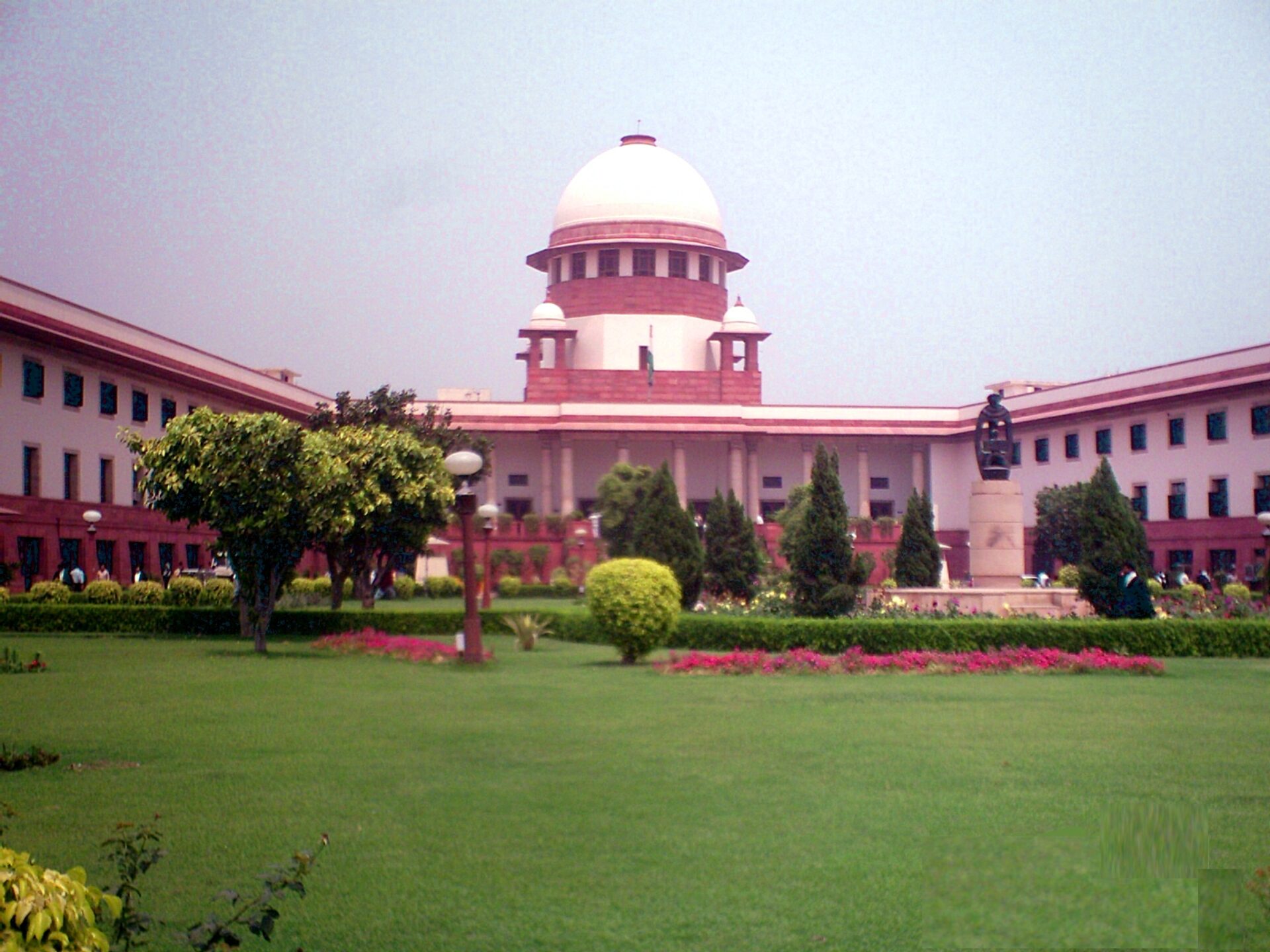Supreme Court Rules: Developer Not Liable for Homebuyer’s Loan Interest Due to Delay in Flat possession

In a landmark judgment delivered on June 4, 2025, the Supreme Court of India addressed a significant consumer rights issue involving the Greater Mohali Area Development Authority (GMADA) and two homebuyer’s, Anupam Garg and Rajiv Kumar. The case, which began as a consumer complaint over delays and unilateral changes in a housing project, culminated in a detailed examination of the legal obligations of developers and the rights of consumers under Indian law. This article delves into the background of the case, the legal arguments presented, and the final decision of the Supreme Court.
Background of the Case
The dispute originated in 2011 when GMADA launched a residential flat scheme named ‘Purab Premium Apartments’ in Mohali. Anupam Garg, one of the respondents, applied for a 2-BHK apartment, paying ₹5,50,000 as earnest money. The allotment process, conducted through a ‘draw of lots’ in March 2012, was successful, and a Letter of Intent (LOI) was issued to Garg on May 21, 2012. This LOI detailed the payment schedule, ownership terms, and the timeline for possession, which was set for May 21, 2015.
Delays and Complaints
When Garg visited the development site in May 2015, he found no significant progress, leading him to believe that possession would be delayed by another 2-3 years. Consequently, he decided to opt out of the scheme and filed a consumer complaint (CC No.197 of 2016) against GMADA. Although this complaint was withdrawn due to technical reasons, GMADA later issued a letter of allotment-cum-offer of possession on June 29, 2016. However, Garg noticed unilateral changes in the project, prompting him to file another complaint.
State and National Commission Decisions
The State Consumer Disputes Redressal Commission (SCDRC) in Chandigarh partly allowed Garg’s complaint, directing GMADA to refund the entire amount deposited, including 8% interest, compensation for mental harassment, litigation costs, and the interest paid on Garg’s loan. This decision was upheld by the National Consumer Disputes Redressal Commission (NCDRC) in New Delhi, which also ordered GMADA to cover the interest paid by Garg on his loan.
Civil Appeal and Supreme Court Decision
Dissatisfied with the NCDRC’s decision, GMADA appealed to the Supreme Court, arguing that it should not be liable for the respondents’ loan interest. The respondents countered that the Commissions had the authority to grant compensation beyond the contractual terms. The Supreme Court, in its judgment, relied on several precedents, including Bangalore Development Authority v. Syndicate Bank and GDA v. Balbir Singh, which emphasized that compensation should be determined based on the specific facts and circumstances of each case.
The Court analysed the case and concluded that GMADA was not liable for the respondents’ loan interest. The 8% interest already awarded was deemed sufficient compensation for the delay. The Court clarified that while Commissions have the power to grant compensation, it must be based on the specific loss or injury suffered by the consumer.
Conclusion
The Supreme Court’s decision in the GMADA case marks a significant milestone in the ongoing dialogue between developers and homebuyers. By clarifying that GMADA is not liable for the respondents’ loan interest, the Court has provided a balanced and fair resolution that respects both the contractual obligations of developers and the rights of consumers. This judgment underscores the importance of adhering to agreed-upon terms while also recognizing the need for reasonable compensation in cases of delay or deficiency in service. The Court’s nuanced approach ensures that developers are held accountable for their actions, while also preventing undue financial burden on them. This decision sets a precedent for future disputes, emphasizing the need for transparency, accountability, and fairness in the housing market. Ultimately, it reaffirms the Supreme Court’s commitment to upholding justice and protecting the interests of all parties involved in consumer disputes.
For further details write to contact@indialaw.in
By entering the email address you agree to our Privacy Policy.



